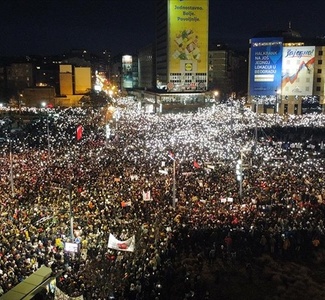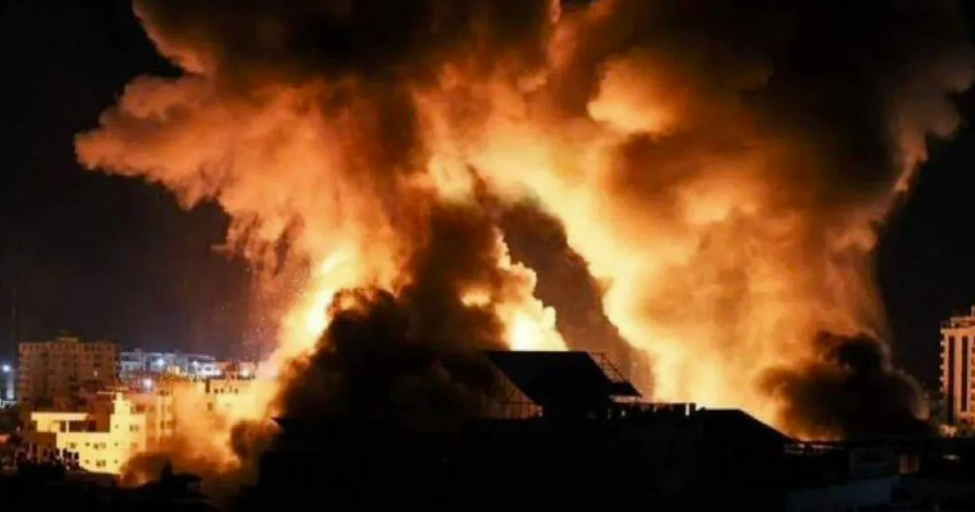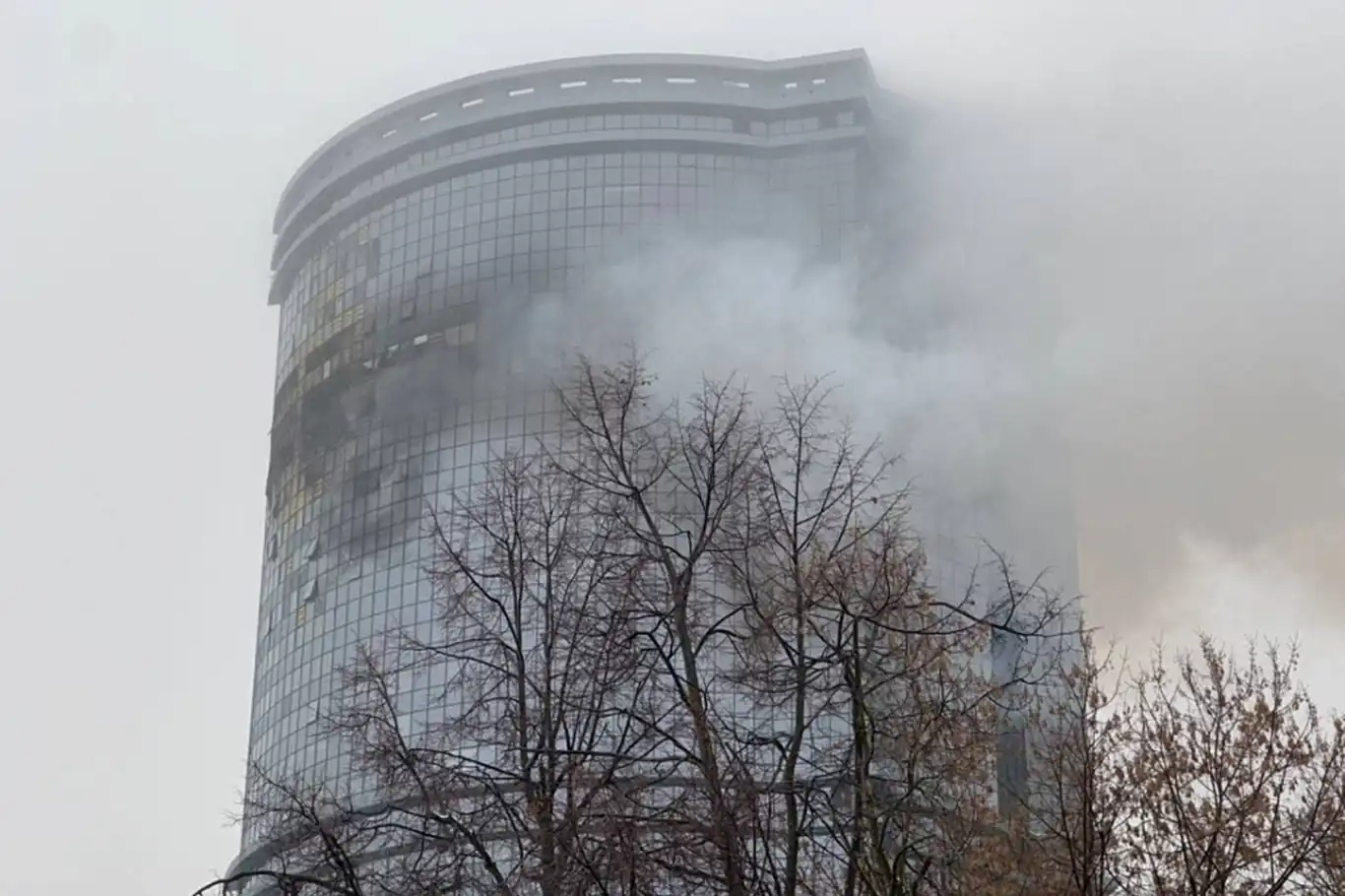Wildfires ravage Portugal amidst soaring temperatures
Firefighters in Portugal are locked in a fierce battle against spreading wildfires that have engulfed vast stretches of land, aggravated by the scorching temperatures prevailing in the region.

 Google News'te Doğruhaber'e abone olun.
Google News'te Doğruhaber'e abone olun. Late on Monday, a contingent of around 800 personnel was mobilized to combat a raging blaze near the southern town of Odemira.
Tragically, the situation necessitated the evacuation of over 1,400 residents, while nine valiant firefighters sustained injuries during their courageous efforts to tame the inferno.
As temperatures continue to soar, the Iberian Peninsula braces itself for an imminent heatwave, with the mercury predicted to breach the 40°C (104°F) mark for much of the week. This extreme weather scenario only compounds the complexities of the firefighting operations underway.
While Spain has successfully managed to bring three significant fires, which had previously devoured substantial acreage, under control during the past weekend, the country remains on high alert due to prevailing weather concerns.
Portugal, on the other hand, witnessed an all-time high temperature of 46.4°C (116°F) on Monday, recorded in Santarém.
The initial spark that ignited near Odemira on Saturday quickly morphed into a formidable blaze, fanned southwards by relentless strong winds. This calamity struck at the heart of the Algarve region, an integral hub of Portugal's tourism industry.
Tragically, this conflagration has already consumed approximately 6,700 hectares (16,600 acres) of precious land. In its wake, 19 villages, four tourist lodgings, and a campsite lie evacuated. The mayor of Odemira, Helder Guerreiro, aptly summed up the dire circumstances as "critical, difficult, and complex."
In a separate region of the country, significant fires have forced the temporary shutdown of critical motorway sections, including vital segments of the A1 motorway linking Lisbon and Porto.
In an earnest bid to fortify the firefighting endeavors, a fleet of sixteen waterbombing aircraft has been promptly deployed, lending vital support to the valiant teams on the ground, combating the blazes in both affected areas.
Authorities have raised the wildfire risk alert to its maximum level for over 120 municipalities across Portugal, underscoring the gravity of the ongoing situation.
Wildfires have been surging worldwide in recent years. There are a number of reasons for this, including climate change, human activity, and changing weather patterns.
Climate change is making the world hotter and drier, which creates ideal conditions for wildfires. Hotter temperatures dry out vegetation, making it more flammable. Longer dry seasons also mean that there is less time for vegetation to recover from fires.
Human activity is also a major factor in wildfires. Arson, deforestation, and infrastructure development can all contribute to the spread of wildfires. Arson is the intentional setting of fires, and it is a major cause of wildfires in many parts of the world. Deforestation removes trees, which can help to prevent fires by providing shade and moisture. Infrastructure development, such as roads and powerlines, can create fire breaks that can help to contain wildfires. However, it can also make it easier for fires to start and spread.
Changing weather patterns are also contributing to the surge in wildfires. El Niño events, which are characterized by warmer and drier conditions in the tropics, can lead to an increase in wildfires in these regions.
The combination of these factors is creating a perfect storm for wildfires. Wildfires are becoming more frequent, more intense, and more destructive. This is a major threat to human health, property, and the environment. (ILKHA)



















































